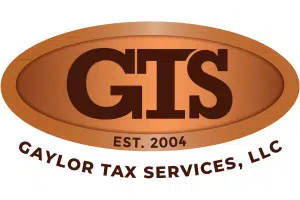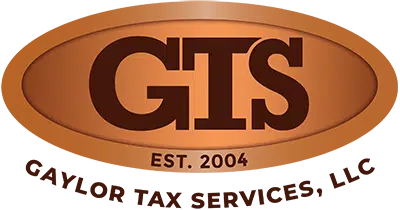Knowing common tax preparation mistakes is critical in avoiding serious headaches or even IRS audits. Here are six common errors that you should be aware of and how you can avoid them.
Assuming the Wrong Due Date
Even though April 15 is usually known as “Tax Day” for individual returns, it can vary from year to year. Typically, if the tax due date falls on a Saturday, Sunday, or legal (state or federal) holiday, filing a return is generally considered timely if it is filed no later than the “next” business day.
For example, this year, returns are due on Tuesday, April 18. Why? Because April 15 falls on a Saturday, and the next weekday, April 17, is recognized as Emancipation Day in Washington, DC. Due to these reasons, the deadline for individual returns is a few days later this year.
It’s always crucial to be aware of the tax deadline so you can file your return on time. If you’re unaware of the deadline and wait until the last minute to prepare and file your taxes, you can run into complications while completing your form that could cause you to miss the due date.
Incorrect Identifying Information
One of the most common tax preparation mistakes is people accidentally putting the wrong identifying information on their returns. This includes forgetting to put their Social Security number on the return, filling in the wrong number, or misprinting their name. When using tax filing software, it can be easy to mistype your number or name and not notice until it’s too late.
This information is important to get right so the IRS can identify that you have prepared and filed your taxes. Before submitting your return, check that your name, address, and Social Security number are all correct. Also, verify that your spouse’s and any dependents’ names and Social Security numbers are correct as well. If you have a tax professional assisting you with your tax preparation, then you can rest assured they’ll triple-check to make sure everything is correct.
Math Errors
One of the first areas the IRS checks on a tax return is math, especially on the first two pages. Even something as small as a misplaced decimal point, an extra zero, or a simple addition error can delay or lead to a smaller refund than you were expecting.
If you aren’t good at math, save yourself the headache and hire a tax advisor. They will handle the calculations and ensure your return is prepared correctly and without mistakes. If you decide to use tax preparation software, that’s fine as well, but it’s smart to have another human review your return before you submit it, just in case.
Choosing the Wrong Filing Status
Sometimes your filing status is straightforward, and other times it can cause confusion. If you’re not married and have no dependents, then your filing status is “single.” But if you’re now married, do you file jointly or separately?
Your filing status determines your tax rates and certain allowances, deductions, and exclusion amounts. Your best filing status is different from others and might not be so obvious. For example, if your spouse recently died or you have been separated or divorced, and you have dependents, you may be eligible to file as either married or head of household. If you’re not sure which status applies to you, a tax professional will explain your options and help you choose the filing status that will give you the best refund.
Not Selecting the Proper Entity
For businesses, choosing the wrong entity status can be a big mistake when it comes to taxes. Choosing the wrong entity for your company can seriously impact your company’s future. For example, forming as an LLC can substantially decrease the amount of outside investor funding you can receive. When choosing your entity, it’s essential to understand the benefits and downfalls of each type of entity. An experienced tax advisor can help you determine the best entity for your business based on your desired business structure, number of employees, and financial goals. If you want to learn more about business entities, read more on our blog post.
Claiming the Wrong Credits or Deductions
Deductions reduce the amount of income you pay tax on, while tax credits reduce the amount of tax you owe. Either is useful for reducing your tax bill, but it’s important to only claim deductions and credits when you’re actually eligible for them.
If you’re not in the know on deductions, credits, and recently altering tax laws, claiming your own deductions and credits can be a little messy. The IRS has strict rules for certain deductions and credits that need to be followed. For example, if you want to claim a home office deduction, you need to have an area of your home exclusively used for business. If anything looks unusual on your return, the IRS can audit you, potentially leading to a higher tax bill.
If you’re curious about deductions and credits you qualify for, a tax advisor can assist you. They can also show you deductions you might be eligible for that you might have missed, helping you reduce your tax burden.

Our tax advisor experts are ready to help you.
Gaylor Tax Services is Here to Help
If you need help with tax preparation, our expert tax advisor is here to help. We can help with individual income tax preparation as well as corporate or partnership tax filing. We can also help you with strategic tax planning if you’re looking to reduce your tax burden in the future. Our experts are here to answer your questions year-round, so do not hesitate to contact us. We are located in Phoenix, Arizona but can assist you anywhere in the state.




